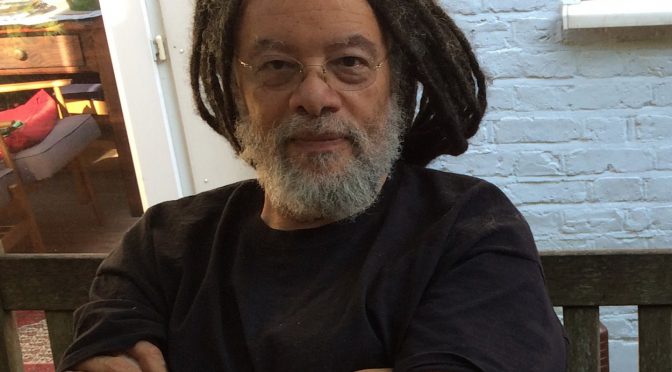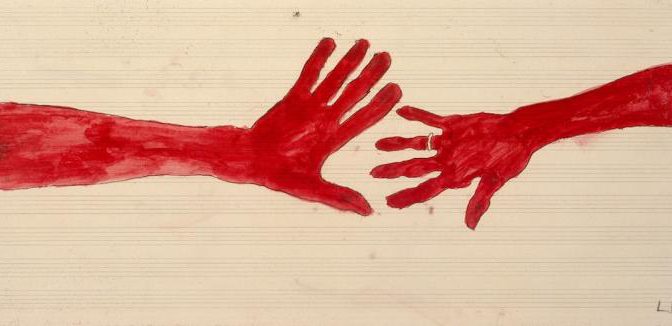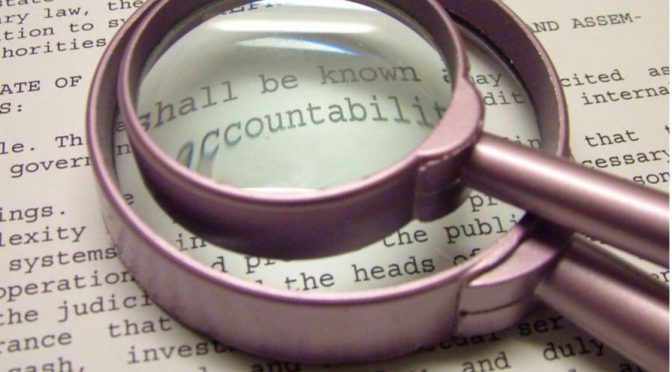by Rabia Kapoor, 2nd year English Literature and Language BA. Featured image via craftybua instagram.
I keep thinking about the soap dish. In Shoreditch, London, during this design festival that my mum took our entire parade to: people I’d met maybe twice in my life coming together for my week-long farewell non-party.
My parents had come to London with me to help me settle in before university started. It was a group of three that kept getting bigger as my parents pulled in all their friends in the vicinity to be a part of the goodbyes. Maybe it was a weird coping mechanism, I don’t know, I didn’t overthink it then.






